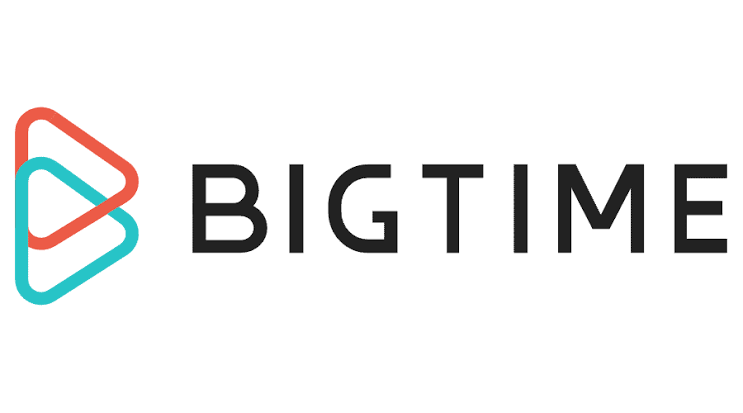Adventure role-playing game on the Web 3Big Time is coming out of a year-long testing phase and plans to launch in early October.Big Time intends to offer its big community a free-to-play experience without the sort of poorly matched pay-to-win incentives that have afflicted other crypto-centric games.
Big Time’s creators, which include the former CEO of Ethereum-based virtual world Decentraland and several former AAA game developers, refer to its “player-owned economy,” in which players can craft, trade, or loot digital wearables and collectibles in the form of non-fungible tokens (NFTs), powered by a native Big Time cryptocurrency, as they explore historic civilizations and dystopian futures.
Axie Infinity, a competitive digital pet player, and other once-heralded cryptocurrency-based games like Decentraland have experienced issues over time. Decentraland’s metaverse world has received criticism for having few players, and Axie is vulnerable to the sneaky effects of its play-to-earn model.Ari Meilich, the creator of Big Time and former CEO of Decentraland, credited his new game’s success to both a committed player base and the Big Time Studios creative team, which has worked on games that have amassed hundreds of millions of dollars in revenue and tens of millions of users.
“The Big Time community has already grown to over 350,000 people on Discord and over a quarter million on X (formerly Twitter),” Meilich said in an interview. “We also have a signup list with over a million people, and have made direct sales in excess of $8 million, plus whatever the users have traded among themselves.”
The fact that Big Time is the most streamed PC web3 game on Twitch, with over 2500 streamers having played its pre-alpha, and has a strong presence in crucial regions like Japan, is a key differentiation, according to Meilich.Big Time’s economic incentives were carefully designed to avoid the play-to-earn trap Axie fell into, which has led to the game being dubbed a type of “digital serfdom,” highly dependent on an army of low-wage employees in nations like the Philippines. Big Time also aims to foster a strong community.
According to Michael Migliero, chief marketing officer at Big Time Studios, the game’s native $BIGTIME tokens are not produced just as a function of playtime but rather depend on ability and the wise use of resources, creating a meritocratic in-game economy.
“The first iteration of web3 games had an unsustainable model,” Migliero said via an email. “They required assets that widely fluctuated in price to access the core game. Their economies generated over inflated token supplies, and the tokens didn’t have enough utility sinks. This resulted in a user base seeking largely to profit instead of having fun. They also delivered simple, shallow gaming experiences.”
Big Time’s full in-game economy, known as “Preseason,” begins in early October, Migliero said.


